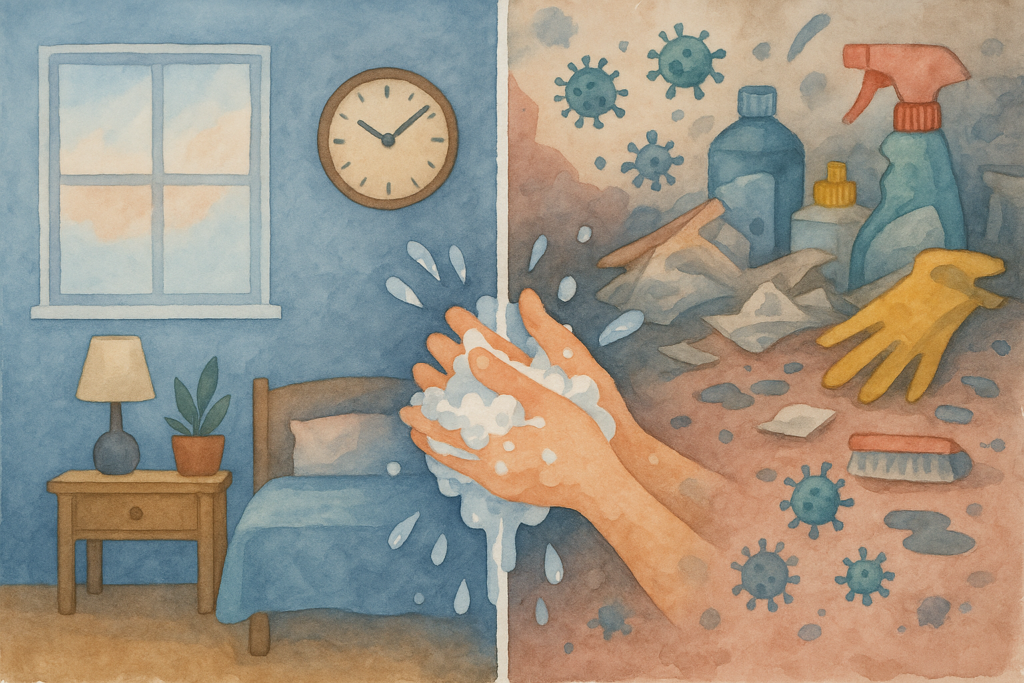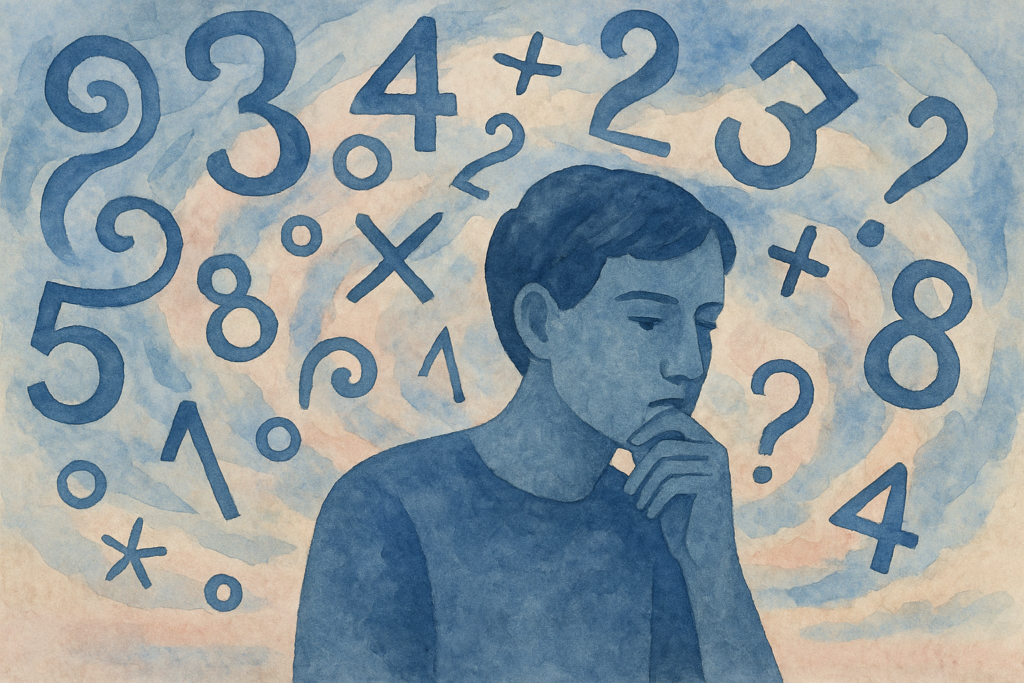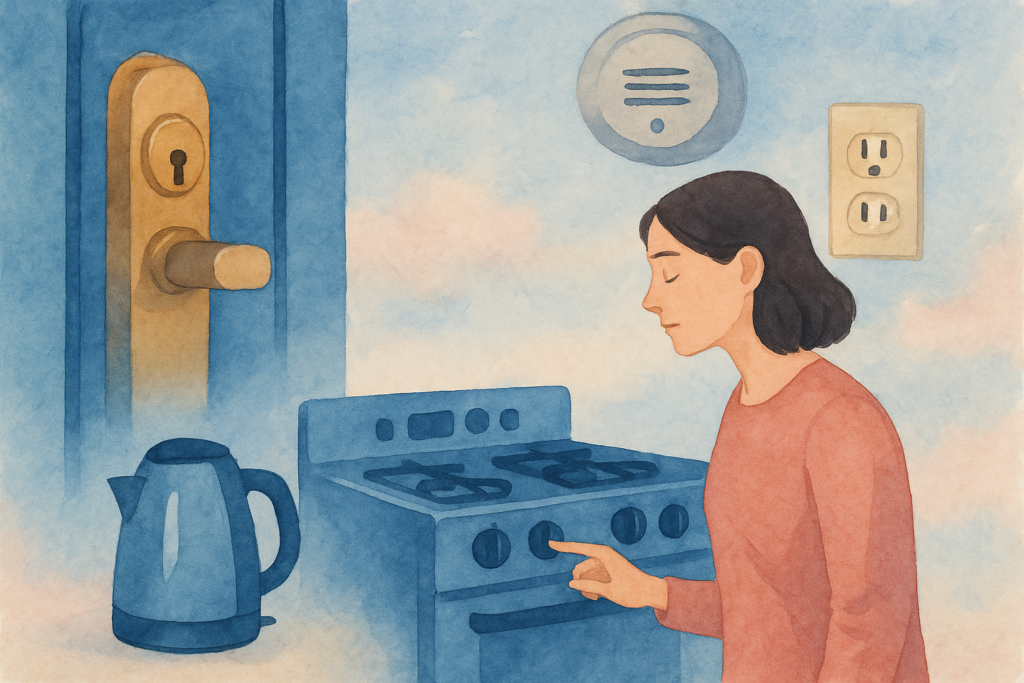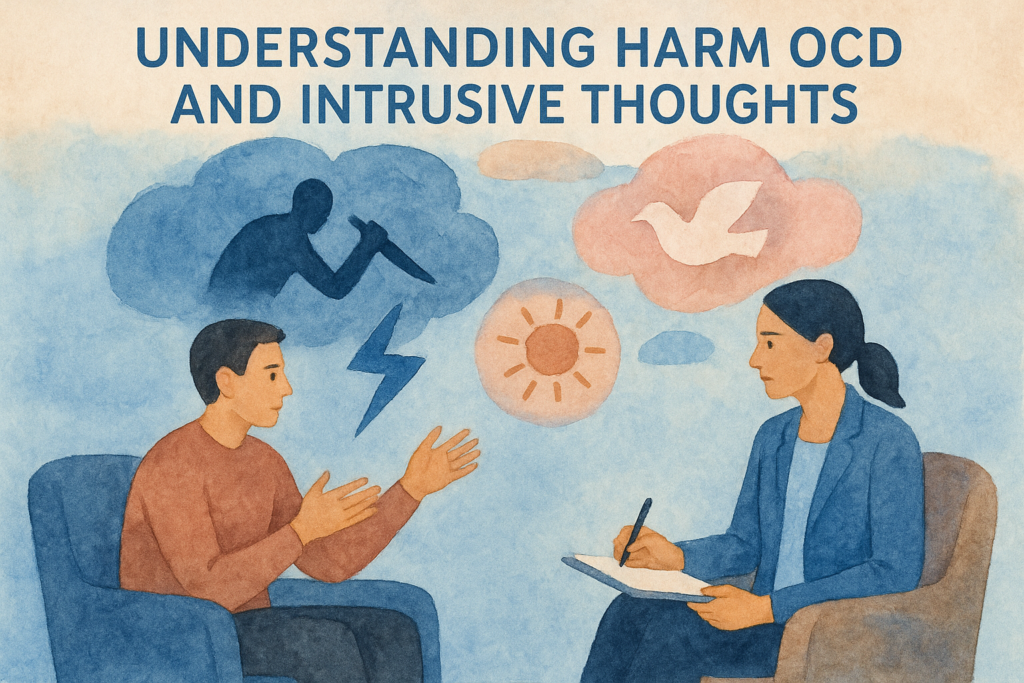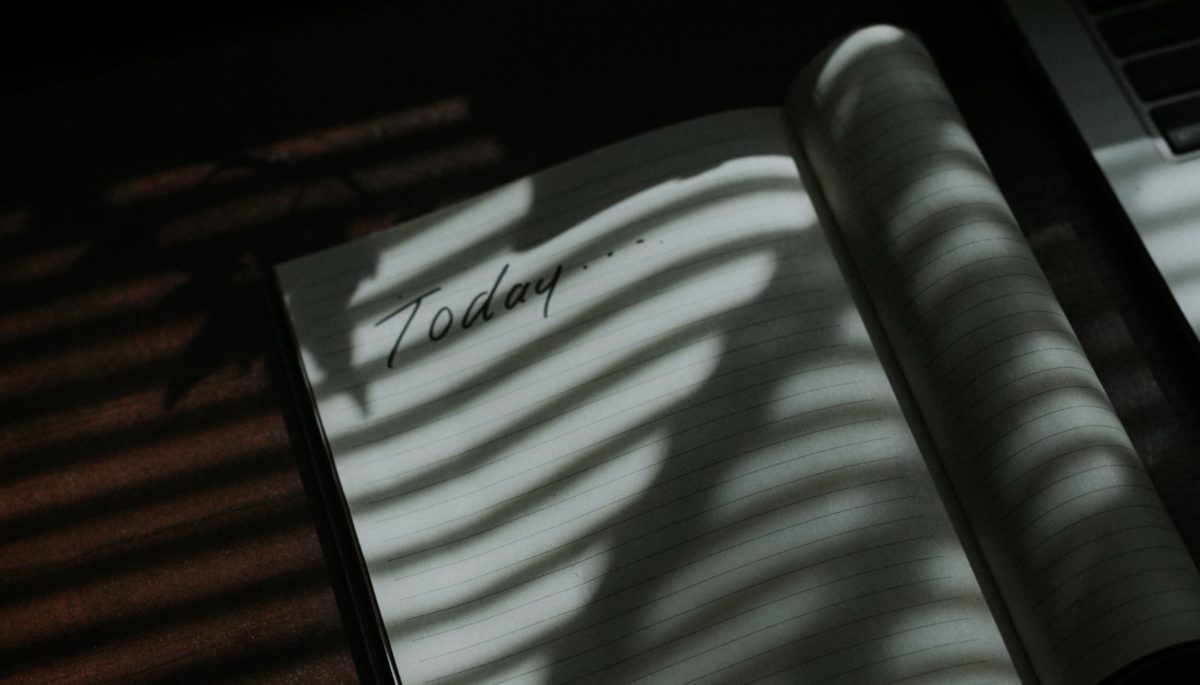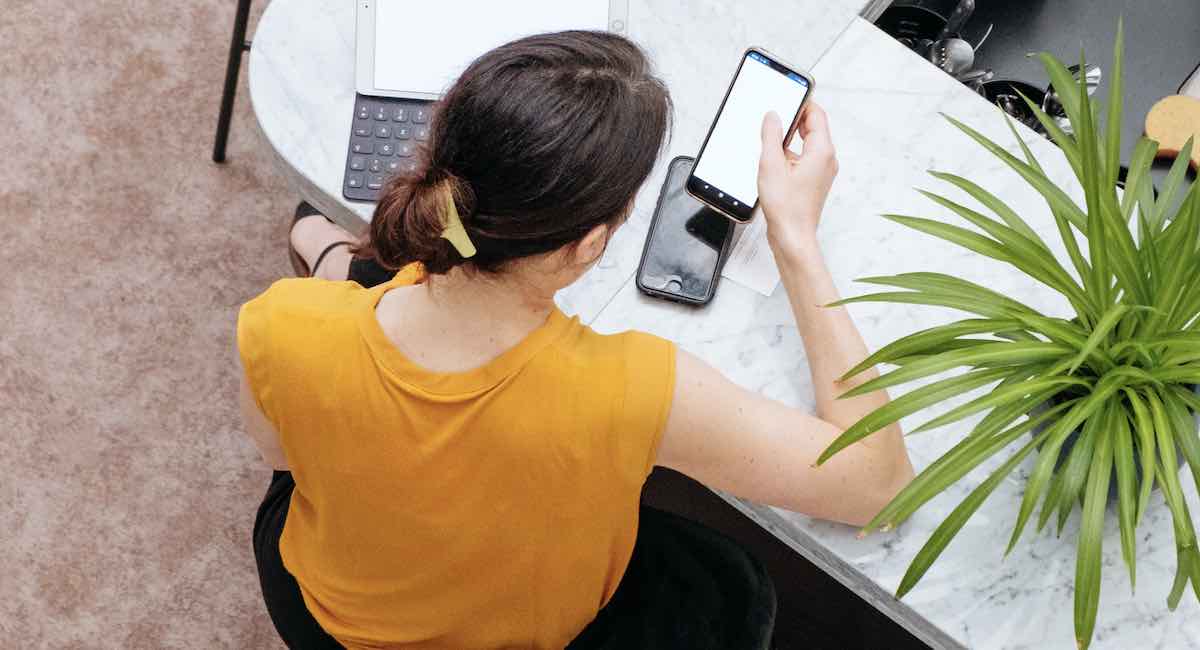If you have been struggling with Obsessive-Compulsive Disorder (OCD), you know, all too well, that it can inflict an immense amount of pressure, distress, and conflict on your everyday life. OCD can get in the way of essentially everything you do, interfering with work, relationships, social outings, and your leisure time. Even in those moments when you try to relax—when you yearn for a break from the constant obsessions and compulsions—your OCD is still there, like a cloud, lingering over you at all times.
Effectively managing OCD is possible. In fact, implementing effective cognitive and behavioral coping strategies can not only decrease and eliminate obsessions and compulsions, but it can also empower you as you discover your inner strength and courage to confront this challenging and trying disorder. Below we will discuss five of the most effective coping methods for your OCD.
1. Exposure
Challenging? Yes, it sure is. Exposure to your most feared situations or activities will require all of your innermost bravery. Most of all, executing this strategy takes your wholehearted commitment to ridding yourself of your obsessions and of performing compulsions.
Exposure works by creating a hierarchy of the situations or activities that you avoid or fear and then gradually—at your own pace—exposing yourself without engaging in the compulsion. Think of exposure as getting comfortable with the things you dread and avoid the most.
2. Use your imagination
If actual exposure to your fears—and the situations, things, or activities that you avoid—seems like too much, too soon, there’s another very effective method of exposing yourself. Imaginal exposure is a strategy that involves picturing yourself in the feared or avoided situation as you successfully conquer those situations or tasks. If it means envisioning yourself touching a doorknob and then not washing your hands, imaging this scenario opens up the possibility that you can eventually build up to—and get comfortable with—not washing your hands afterwards in real-life.
3. Relaxation training
If you haven’t jumped on the mindfulness, deep breathing, or meditation bandwagon yet, don’t delay! These exercises are critical in managing your OCD. Relaxation strategies can alleviate tension, stress, and worry on the spot, but these techniques tend to have a cumulative effect. You will be able to see the benefits when you practice them every day.
4. Identifying and replacing negative thoughts and beliefs
The underlying force that contributes to and maintains your OCD are a myriad of negative thoughts and beliefs that you might not even be fully aware of. However, those negative cognitions are there and they certainly influence obsessions and compulsions.
5. Preventing rituals and seeing what happens
You can cope with OCD by doing your own, personal research experiment. Rituals are likely a big part of your daily life as you struggle with OCD, but you can take small steps to not do a certain ritual. The purpose of this is to see for yourself whether the consequence(s) that you fear most will actually occur. Since not doing a ritual might cause you to feel distress, fear, or other unpleasant emotions, you can begin this test by not doing a ritual that won’t stress you out too much, but will still challenge you a bit. Tell yourself that you will “just let this one go” as you stop yourself from doing the ritual. Then, watch and see if the scenario that you fear most actually occurs. This exercise breaks the connection you have created in your mind between the ritual and preventing something bad from happening. With practice and repetition, you can discover that the ritual has no real power.
DISCLAIMER: This content is not intended to be a substitute for professional medical advice, diagnosis, or treatment. Always seek the advice of your physician or other qualified health provider with any questions you may have regarding a medical condition.








